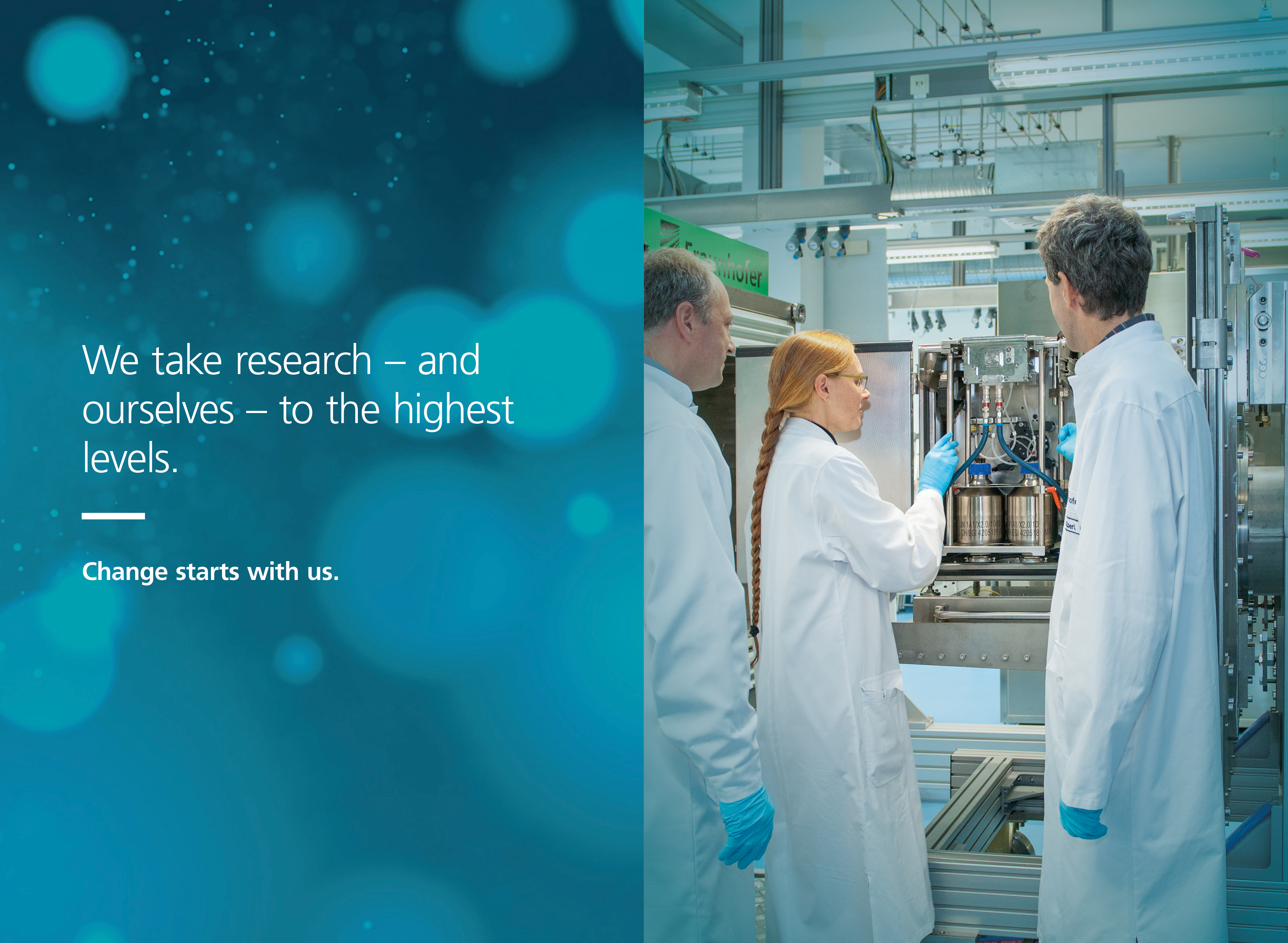Data protection
Please note that your consent to the storage and use of your data in the context of the application process is required. The privacy policy is available in the application form. Your personal data will be stored and processed in accordance with the data protection regulations in force in Germany, in particular the Federal Data Protection Act (BDSG).
